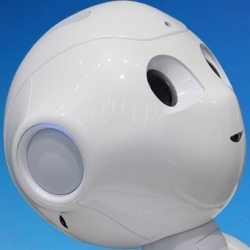
In the 1800s it was the Luddites smashing weaving machines. These days retail staff worry about automatic checkouts. Taxi drivers will be fretting over self-driving cars. The battle between man and machines goes back centuries. Are they taking our jobs? Or are they merely easing workload?
A study by economists at the consultancy Deloitte seeks to shed new light on the relationship between jobs and the rise of technology by trawling through census data for England and Wales going back to 1871.
Their conclusion is unremittingly cheerful: rather than destroying jobs, technology has been a “great job-creating machine”. Findings by Deloitte such as a fourfold rise in bar staff since the 1950s or a surge in the number of hairdressers this century suggest to the authors that technology has increased spending power, therefore creating new demand and new jobs.
Their study, shortlisted for the Society of Business Economists’ Rybczynski prize, argues that the debate has been skewed towards the job-destroying effects of technological change, which are more easily observed than than its creative aspects. Going back over past jobs figures paints a more balanced picture, say authors Ian Stewart, Debapratim De and Alex Cole.
“The dominant trend is of contracting employment in agriculture and manufacturing being more than offset by rapid growth in the caring, creative, technology and business services sectors,” they write. “Machines will take on more repetitive and laborious tasks, but seem no closer to eliminating the need for human labour than at any time in the last 150 years.”
Read original article for graphs and charts:
